Chinese EV Market
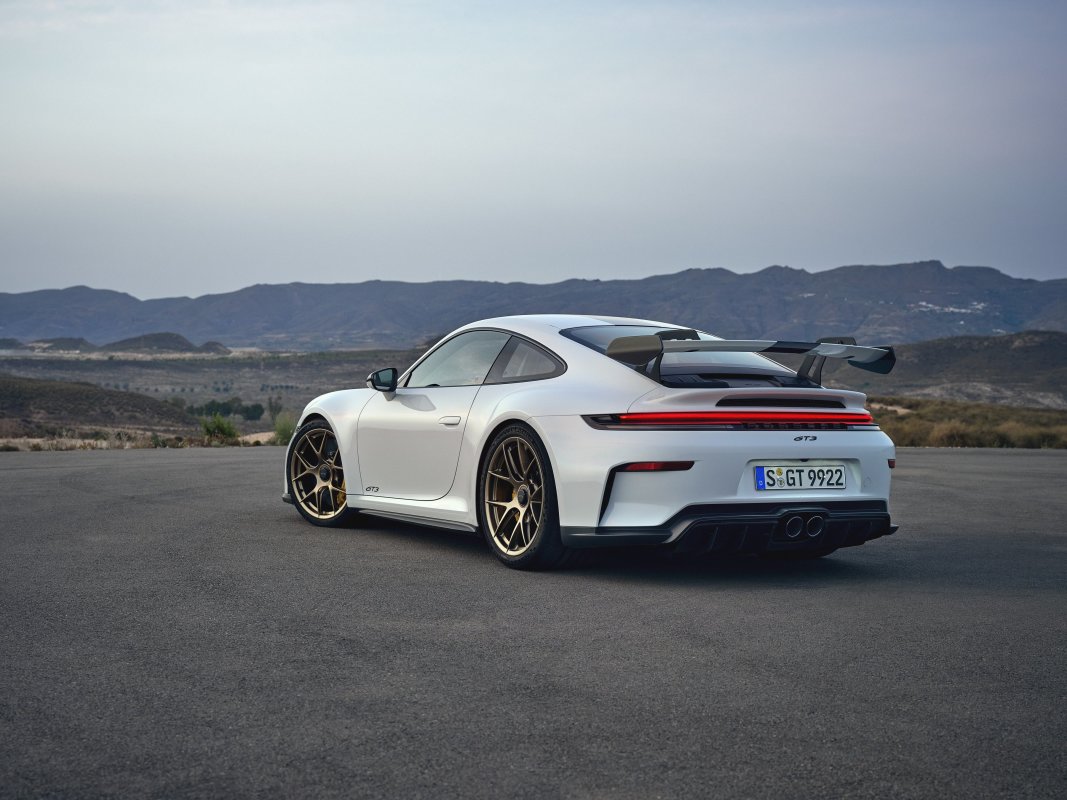
China is heating up as a playground where local carmakers are setting the stage with strikingly powerful and luxurious electric vehicles (EVs) that won’t break the bank. Foreign automakers, including some of the big hitters, are feeling the squeeze as they lose market share. The fight is even tougher for premium brands, with one large German company considering pulling its EV lineup from the Chinese market by decade’s end. Porsche, long positioned as a heavyweight luxury brand, finds itself being outperformed and outpriced by China’s domestic EV manufacturers.
Combustion Fans
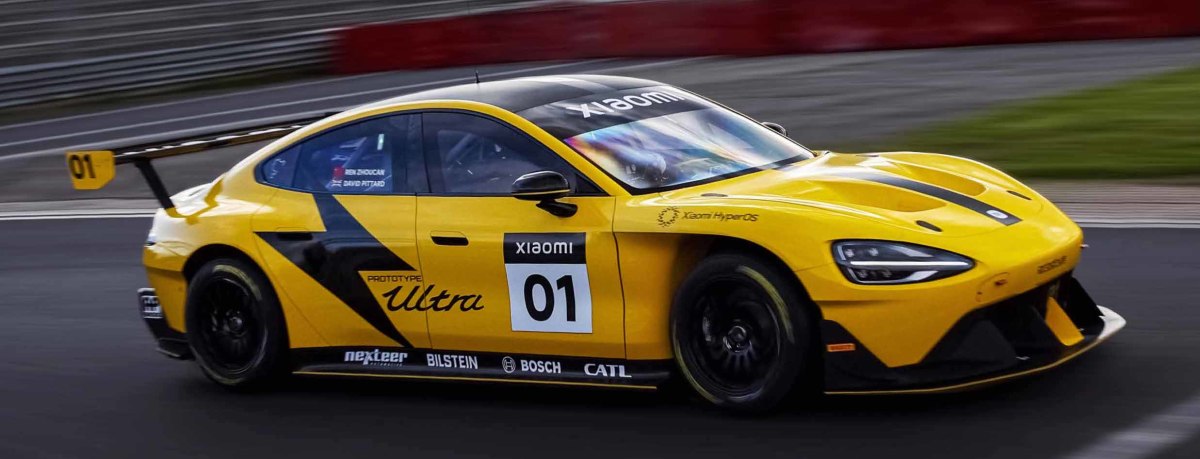
Porsche seems to stand by the rumble of combustion engines, differing from the electrification initiatives displayed by other Volkswagen Group brands at the 2025 Shanghai Auto Show. Two distinct limited-edition versions of the 911 took center stage, showcasing their storied history. Although these models epitomize Porsche’s cherished combustion engine legacy, they don’t seem to impress the Chinese market’s quest for electrification.
Chinese buyers lean heavily toward local EVs packed with cutting-edge tech and plush interiors, such as the Xiaomi SU7. This sporty sedan hits the market with styling hints akin to Porsche, yet is significantly more affordable. With the SU7 Ultra model delivering a jaw-dropping 1,548 horsepower at a starting price below $73,000, it casts a long shadow over the entry-level Porsche 911, which has 394 horsepower and a steep price tag above $100,000.
While Porsche’s combustion might charm enthusiasts in other regions, it’s a tough pitch in China where customers are shown an enticing blend of performance and value. The disparity between Porsche’s gas-powered offerings and Chinese electric prowess highlights potential challenges for Porsche’s Chinese strategy, as sales continue to wobble.
Strategic Crossroad
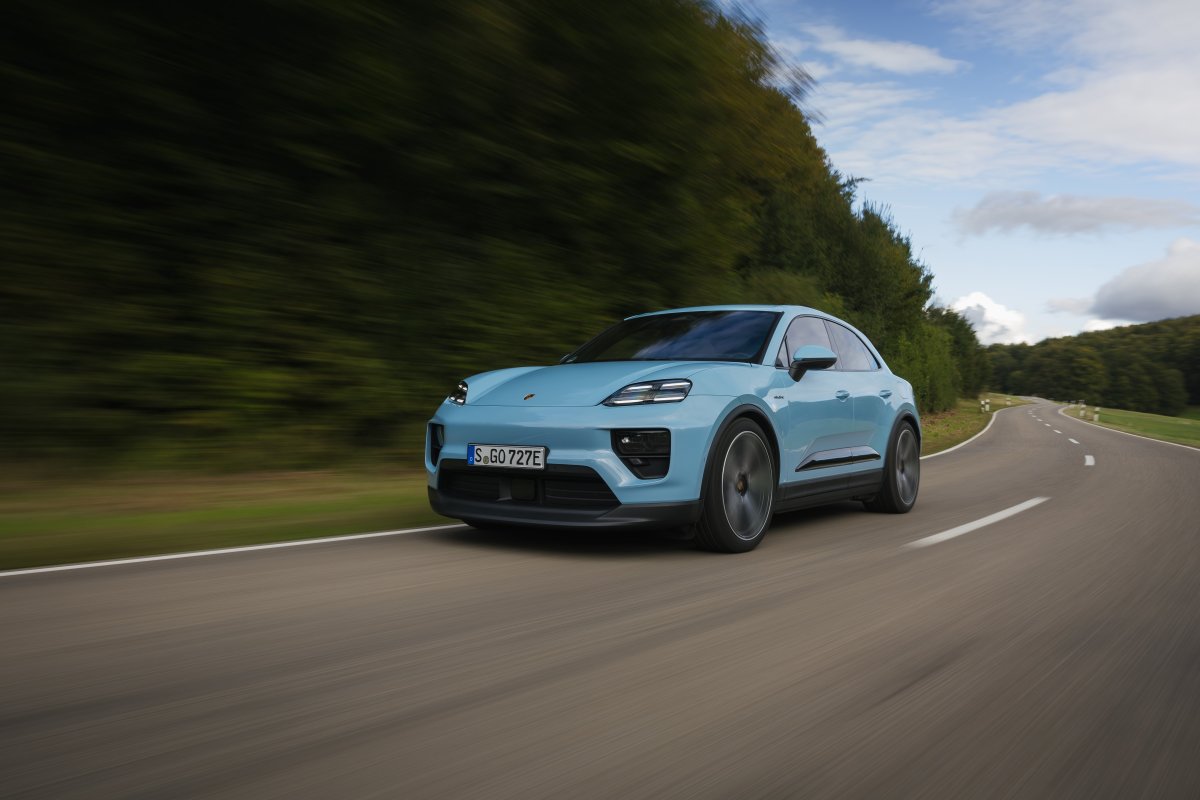
In late 2022, Porsche was riding high with stellar consumer perception and a valuation soaring past that of Volkswagen during its IPO. Fast forward to 2025, Porsche’s stock has plunged, with sales in China taking a particular hit. Despite the troubling numbers, Porsche CEO Oliver Blume remains unworried about sales volume, focusing instead on preserving Porsche’s premium thrill-focused image. Yet, as half of the new vehicles in China are either EVs or hybrids, Porsche’s stance relying on gas engines seems precarious.
With only two EV models available in China—the Taycan and Macan—the numbers appear low, though Porsche isn’t disclosing regional sales specifics. Blume stated, “We will see in the next two to three years whether Porsche exists as an electric brand here.” The Chinese auto sector’s swift evolution threatens foreign competitors who can’t match the local electric offerings in price, luxury, and performance. As China’s automakers expand into high-end markets, the competition for brands like Porsche heats up.
Conclusion
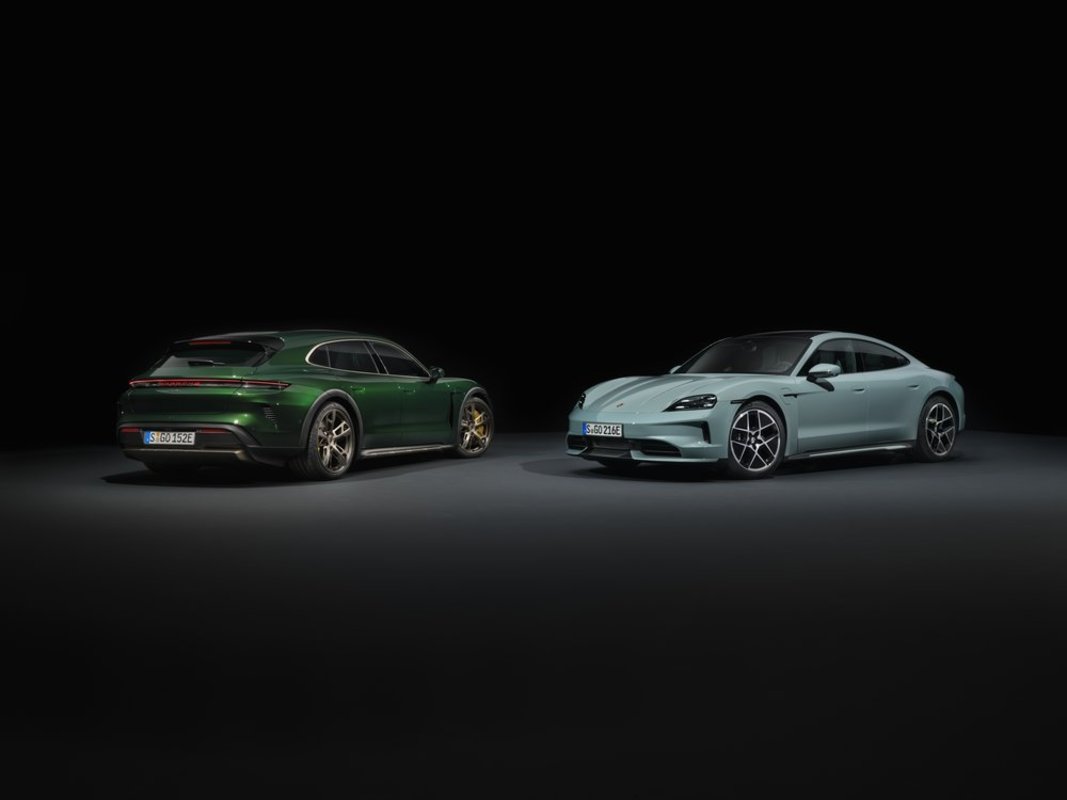
Porsche holds global sway as a purveyor of performance luxury, yet the appeal of roaring engines falls short in China’s electrified landscape. Struggling sales might signal a shift, but Porsche seemingly aims to maintain its purist ethos over an aggressive EV push. As Volkswagen Group leans into EVs with brands like Audi developing China-exclusive electric models, Porsche rests in a unique space. This expert sees it as a balancing act of preserving Porsche’s core allure while avoiding potential perils in a market as pivotal as China.
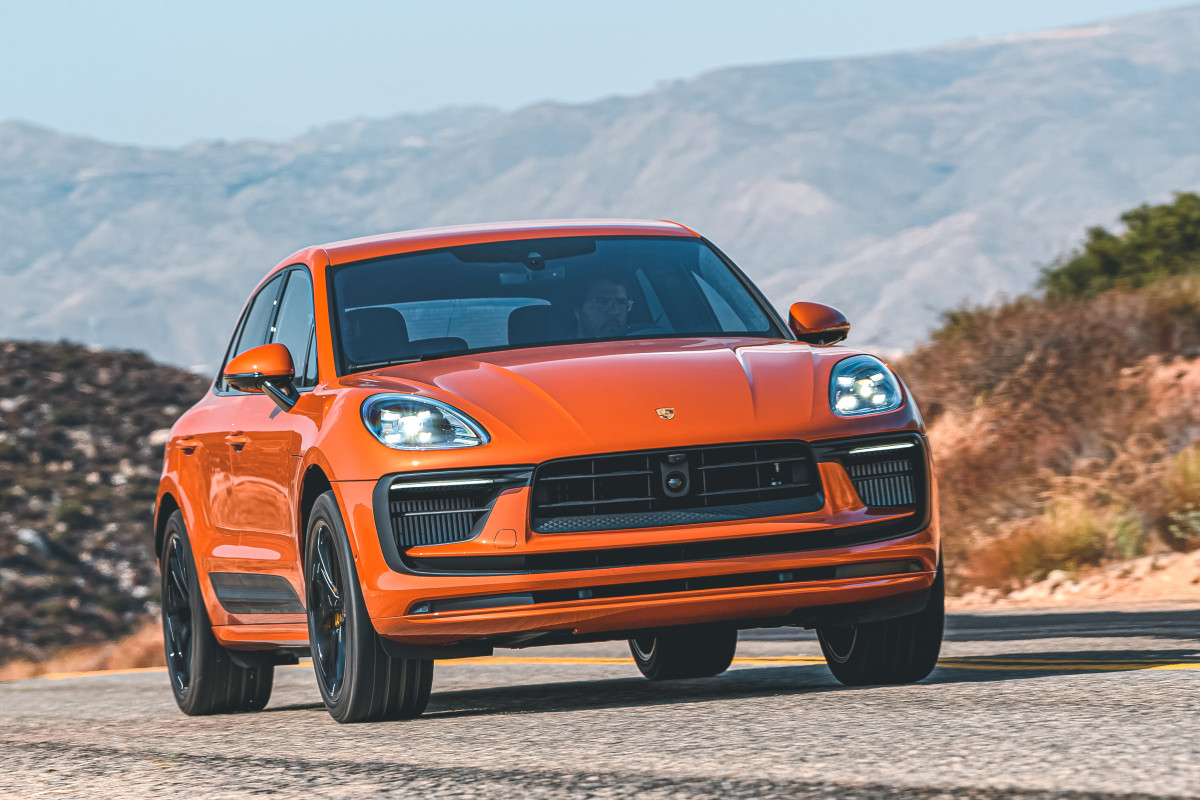
BMW Hits 7M in USA
Ford Seeks Tariff Fix
Porsche Faces Storm
2025 Auto Turmoil
Toyota's $15K Electric Hit